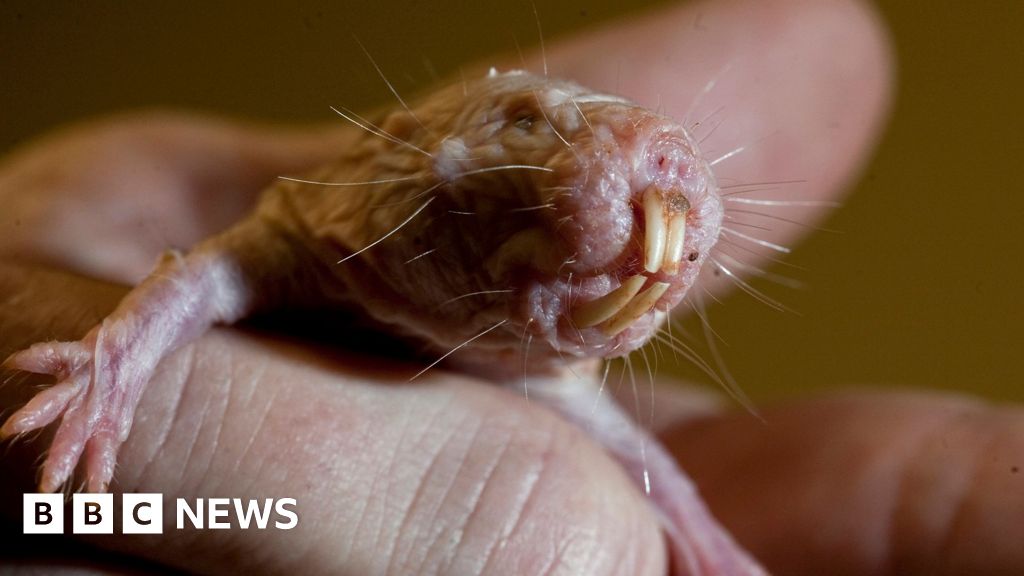People in Ukraine who have suffered mental stress as a result of the war which continues in their country have found a space to heal in neighbouring Moldova.
“I saw people running away, so I joined them,” recalls 88-year-old Yuri, thinking back to the day he left Ukraine. “I came to Moldova alone, with no family and no children to turn to.”
Most days, Yuri spends time in the courtyard of a Mental Health Community Centre in Chișinău, taking part in therapeutic activities that help him manage his emotions and his loneliness.
“I feel good here, but everything is new to me in Moldova,” he says. “Sometimes it’s fun at the centre. I also talk to people who stay here, but I don’t really have friends. Maybe it’s because I’m already old.”
Not far from Yuri, 73-year-old Ana often sits with her friend Alla, 79. Originally from Moldova, Ana had been living in Odesa before the war, working as a university cleaner.
“I liked cleaning,” she says. “As a child, I always helped my mother, since she needed support caring for my younger brother.”
When the war began, Ana’s family urged her to return to Chișinău. Though reunited with her relatives, she struggled with sadness, anxiety, and depression, and eventually agreed to counselling.
Admitted in July 2023 with severe anxiety, insomnia, and restlessness, Ana gradually got better through counselling, art therapy, walks, and group activities.
“I found my home here,” she says. “Now I am not afraid anymore.”

© IOM/Riccardo Severi
Ana (centre) sits alongside other elderly women who have sought support at the centre in Chișinău.
Also at the centre is Marharyta, 25, known as Margo. Originally from Ukraine, she arrived in Moldova a year ago and has battled eating disorders since she was 15.
When her condition worsened a few months ago, she realised she could no longer cope alone and sought help.
In Ukraine, Margo earned a degree in applied mathematics, later teaching children and working as an analyst. The war forced her to leave behind her family and her job, which left her feeling uncertain about her future.
“I never wanted to ask my family for help because I thought I was strong enough,” she says. “I was wrong. When I came here, I realized there are people ready to support me. Never be afraid to ask for help.”

© IOM/Riccardo Severi
The centre in Chișinău offers Margo a safe place to share her experiences and find support.
Since the war began in February 2022, Moldova has been impacted by thousands of Ukrainians crossing the border in search of safety.
Speaking ahead of World Mental Health Day marked annually on 10 October Arkady Astrakhan, director of Chișinău’s Mental Health Community Centre said “authorities mobilized across different sectors to coordinate the country’s response. That included setting up mental health services.”
Since 2023, the International Organization for Migration (IOM) has been supporting the centre by expanding specialized Mental Health and Psychosocial Support (MHPSS) services for Ukrainians, including mobile teams, counselling, social activities, art therapy, housing for vulnerable groups, and an addiction recovery programme.
IOM provides nearly 90% of the centre’s services, ensuring care for those with complex needs, supported by staff training in burnout prevention and psychosocial support.

© IOM/Riccardo Severi
Elderly people uprooted by the war in Ukraine access counselling in Chișinău, Moldova.
“Although new measures were introduced to provide medical care to people displaced from Ukraine, those living with chronic or severe mental health conditions still faced serious gaps in services.
IOM has played an important role in addressing those gaps,” says Astrakhan. “Supporting people with such complex needs can be challenging, but it is also deeply meaningful.”
An hour from Chișinău, IOM’s refurbished Mental Health Centre in Orhei offers tailored support to individuals with severe mental health conditions.
Since the war began, 1,080 Ukrainians in Moldova have received specialised mental health support from IOM, with peer-to-peer initiatives led by health mediators connecting them to timely care.
In Moldova’s community centres, resilience takes many forms. For Yuri, it’s in the small conversations that make him feel less alone. For others, it’s in therapy sessions or the quiet reassurance that support is nearby.
Together, their stories remind us that even in the shadows of war, healing is possible.
Where next?
Latest news
Read the latest news stories:
- Education Cannot Wait Interviews Mohamed M. Malick Fall, UN Resident and Humanitarian Coordinator in Nigeria Thursday, October 09, 2025
- Science Informed Policy Action Key to Biodiversity Conservation Thursday, October 09, 2025
- Moldova’s Democratic Defiance Thursday, October 09, 2025
- Civil Society on the Edge Thursday, October 09, 2025
- UNGA80: Climate and Health in the Mix of Hope and Despair Thursday, October 09, 2025
- ‘Never be afraid to ask for help’: Ukrainians scarred by war find space to heal Thursday, October 09, 2025
- World News in Brief: Deadly attacks in Ukraine, Zaporizhzhya nuclear plant update, first humanitarian flight for Syrians in Libya Thursday, October 09, 2025
- Sudan: El Fasher mosque and hospital attacks leave at least 20 dead Thursday, October 09, 2025
- Gaza deal: UN and humanitarian partners ‘prepared to move – now,’ says Guterres Thursday, October 09, 2025
- Middle East LIVE: Israel-Hamas deal paves way for ceasefire, hostage release Thursday, October 09, 2025
Link to this page from your site/blog
Add the following HTML code to your page:
<p><a href="https://www.globalissues.org/news/2025/10/09/41287">‘Never be afraid to ask for help’: Ukrainians scarred by war find space to heal</a>, <cite>Inter Press Service</cite>, Thursday, October 09, 2025 (posted by Global Issues)</p>… to produce this:
‘Never be afraid to ask for help’: Ukrainians scarred by war find space to heal, Inter Press Service, Thursday, October 09, 2025 (posted by Global Issues)

 4 days ago
2
4 days ago
2










 English (US) ·
English (US) ·